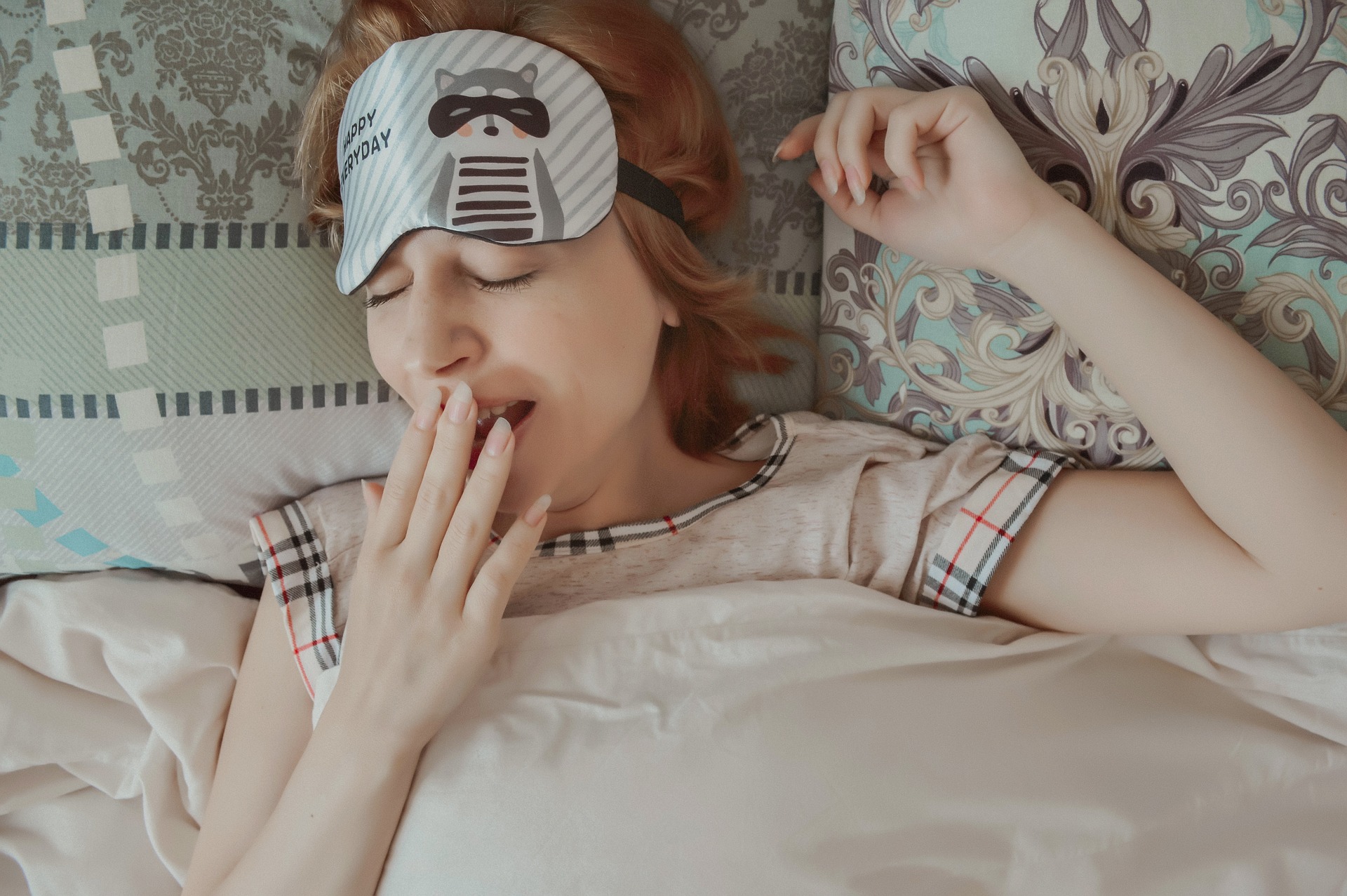The coronavirus pandemic appears to be over for the time being. Nevertheless, many people are still suffering from the consequences of having had COVID-19 infections or from possible side effects of the coronavirus vaccination. This has far-reaching consequences for those affected. Many are restricted in their everyday lives and are significantly less productive at work. Social contacts often break off as a result. The level of suffering is sometimes very high.
Unfortunately, the effects of the coronavirus pandemic are currently also being felt in our doctors’ surgeries, some of which are at the absolute limit of their capacity. There are hardly any free appointments, especially with specialists. In addition, the clinical pictures and symptoms of long- and post-COVID, post-vaccine syndrome (post-vac syndrome) and CFS/ME are sometimes very similar.
The type and severity of the possible symptoms are very varied and individual. The most frequently reported symptoms are:
- Breathing difficulties
- Cold symptoms
- Exhaustion, massive
- Fever attacks
- Memory and concentration problems (fog in the head)
- Hair loss
- Cardiovascular problems
- Palpitations
- Hormonal disorders
- Headaches
- Performance, significantly reduced
- Muscle and joint pain
- Nerve pain and discomfort
- Panic attacks
- Sleep disorders
- Chest pain
- Dizziness
- Disruption of thermoregulation
- Intolerances
Some of the causative mechanisms are now better known. The following constellations, among others, can play a role in patients with post-Covid syndrome as well as post-Vac syndrome (individually or in variable combinations):
Impaired energy production in the mitochondria
So-called mitochondria are found in almost all human cells. These are small cell organelles that work as energy power plants in the cells. Their main function is to produce energy from ingested food by producing adenosine triphosphate (ATP) within the respiratory chain.
A particularly large number of mitochondria are found in cells with high energy consumption, such as nerve cells, muscle cells and sensory cells. The number of mitochondria per cell is around 1,000 to 2,000, taking up around 25% of the cell volume. In the cells of our heart muscle, the volume proportion of mitochondria even reaches 36%! Our mitochondria multiply through growth and sprouting and their number is constantly adapted to the cell’s energy requirements.
However, the functional cycle of the mitochondria can easily be disrupted, resulting in an energy deficiency that manifests itself at a cellular level throughout the body. To date, around 50 diseases (mitochondriopathies) are known to be caused by mitochondrial dysfunction. Long- and post-COVID and post-vaccination syndrome also appear to be among them.
Therapeutically, it has been shown time and again that an optimal supply of all the necessary micronutrients and the elimination of various toxins and chronic pathogens can help. Thanks to many specialist training courses on the subject, a lively exchange in our therapeutic network and a lot of our own experience, we now have a few helpful concepts on offer.
Please feel free to contact us!
Disruption of the endocrine system
It has been shown that many people affected by long COVID and post-COVID or post-vaccine syndrome have low cortisol levels. Cortisol, a steroid hormone, is formed in the mitochondria(!) from cholesterol and regulates numerous vital functions in the body. These include the mineral and fluid balance, the provision of sugar as an energy building block, various immunological processes, wound healing, the ability to deal with stress, the sleep-wake rhythm, muscle building and all sexual functions (progesterone, oestrogens and testosterone are also steroid hormones).
There is also a close connection to the thyroid gland via regulatory circuits. An imbalance in the area of steroids can cause a wide range of symptoms and disorders. A glance at the above list of symptoms gives an idea of how closely connected they are!
Those affected often suffer from pregnenolone and DHEA deficiency. Bioidentical hormones can provide gentle support in the event of a significant deficiency. In Prof. Dr. Kai Bühling, we have a real specialist in our network who can help here.
Immune system
It is not uncommon for excessive inflammatory reactions to occur in the body in connection with COVID, which are sometimes persistent. Laboratory tests often show an increase in pro-inflammatory cytokines (interleukin-1 (IL-1) and TNF-α) as well as elevated histamine levels. Some sufferers suddenly develop food intolerances and allergy-like symptoms. Autoimmune reactions also occur with the formation of various autoantibodies. But there are not only excessive immune reactions. Others suffer from a permanently weakened immune system. This can lead to the reactivation of various viruses “lying dormant” in the body. One example is herpes viruses, which explains why outbreaks of shingles have sometimes occurred (especially in older people).
The Epstein-Barr virus, also a herpes virus from the Orthoerpesviridae family, also appears to become more reactive due to COVID. Studies have shown that many long COVID symptoms are not a direct consequence of the SARS-CoV-2 virus. Tiredness, exhaustion, headaches, “brain fog”, tinnitus, hearing loss or insomnia and much more are rather due to a reactivation of the Epstein-Barr virus in the majority of those affected.
Here, too, it has been shown time and again that an optimal supply of all the necessary micronutrients and the elimination of various toxins can help. In addition, there is a wide range of different herbal active ingredients that can help.
Coagulation / vascular system
Micro-inflammation and the formation of micro- or macro-clots also appear to play a very important role, as this leads to disruption of blood circulation and oxygen supply in the tissue. Blood vessels themselves also appear to be more frequently affected by inflammatory processes, particularly the layer of smooth muscle cells (tunica media) located in the vessels. The tunica media tones the blood and lymph vessels and offers the possibility of contracting or dilating the vascular lumen in response to hormonal or nervous stimuli. However, inflammation can severely disrupt this function. For example, postural tachycardia syndrome can occur, in which those affected become dizzy within a few minutes of standing up, feel light-headed and weak and may experience visual disturbances. The pulse is significantly increased. Those affected can hardly cope with stress and often suffer from sleep disorders and fatigue.
We use various therapeutic options, including herbal substances and (in consultation with the attending physician) anticoagulant medication. Colleagues of ours also offer oxygen or ozone therapy, magnetic field therapy and hyperbaric oxygen therapy.
Here is a brief note for patients suffering from hair loss.
Hair loss occurs frequently after Covid. The causes are unclear. However, it is suspected that stress and the resulting increased need for nutrients, as well as the formation of so-called “autoantibodies” are to blame. Autoantibodies are directed against the body’s own tissue, hormones or other antibodies and are the result of a derailment of the immune system.
It has been shown that taking vitamin B complex, zinc, silicon and iron is helpful here. Sometimes oral intake is not sufficient and the vital substances should be administered via infusions or injections.
The B vitamins are used up very quickly under stress and this is particularly important for rapidly dividing cells in the skin, hair and mucous membranes. However, these vitamins can also be replaced very quickly with the vitamin B complex from quinoa. (We always have this preparation in stock in our clinic).
In addition, taking astaxanthin has proven to be effective. This is a carotenoid obtained from algae. Studies show that astaxanthin is one of the most powerful antioxidants found in nature. Its antioxidant effect is 550 times stronger than that of vitamin E ( 1 ) and 60 times stronger than that of vitamin C ( 2 ).
1 https://www.jstage.jst.go.jp/article/fishsci1994/62/1/62_1_134/_pdf
2 https://pubmed.ncbi.nlm.nih.gov/9090754/
Astaxanthin also has a strong anti-inflammatory effect by reducing the activity of many inflammatory messengers in the body. It can therefore be of enormous help in chronic inflammatory diseases. (We always have an organic preparation produced in Germany in stock in our clinic).
Please feel free to contact us!
Picture rights: https://pixabay.com/





